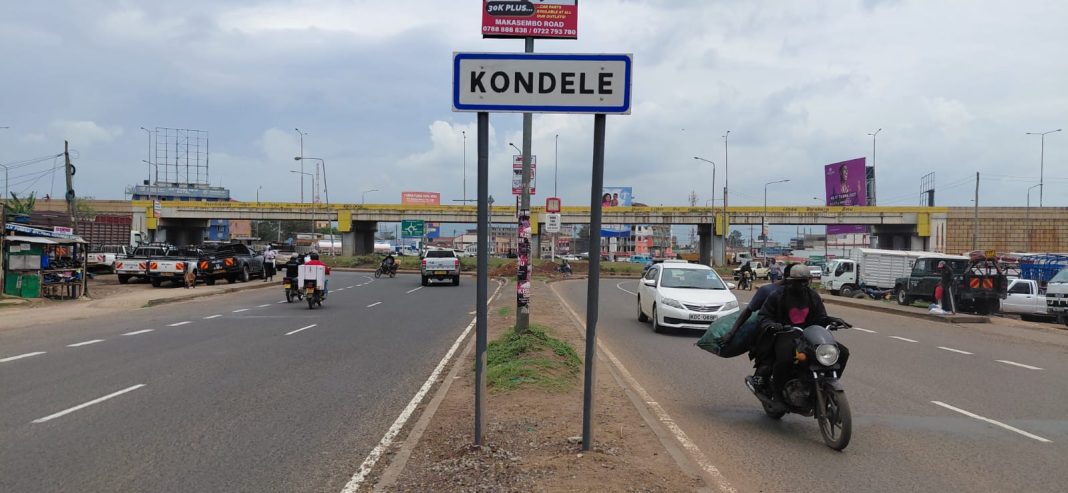By Billy Mijungu
Kenya is not a lazy country. We are a hardworking nation that has endured many economic storms and proven our resilience time and again. Yet, we continue to stagnate, not because of a lack of effort or innovation, but because of the economic choices we make. Debt in itself is not inherently bad; it becomes harmful only when it grows beyond our ability to service it sustainably. Ideally, debt servicing should never consume more than 15 percent of national revenue. Today, that figure stands at an alarming 67 percent, leaving little room for development and innovation.
An economy can only thrive when local borrowing remains accessible to industry, enterprise, and personal development. When government competes with citizens and businesses for local credit, it crowds out private investment and innovation. The result is predictable: the wealthy few rise higher, the middle class struggles to breathe, and the poor sink deeper. The economy becomes top-heavy and unsustainable.
Eliminating domestic debt would be nothing short of revolutionary. It would release trapped capital, reduce pressure on interest rates, and unlock the true potential of the middle class, which remains the heartbeat of every economy. The middle class supports production, consumption, and taxation; it carries both the top and the bottom. Empowering it is the surest path to sustainable and inclusive growth.
Yet Kenya faces a unique and complex challenge. Much of our domestic debt is held by local banks that are, in reality, owned or controlled by international funds and investment entities. These same funds are active players in global lending markets, which creates a web of dependency that blurs the lines between domestic and foreign financial interests. This structure makes it extremely difficult to separate local economic decisions from the influence of global capital.
The government must therefore act decisively to localize banking ownership. At least 60 percent of bank shares should be held by Kenyans through structured, transparent, and well-regulated buyouts. Such a policy would not only strengthen our economic sovereignty but also ensure that our financial systems serve national priorities rather than external profit motives.
In this journey, Mpesa has already shown what genuine financial inclusion can achieve. By building on that model and progressively freeing ourselves from domestic debt, Kenya can finally transform from a nation weighed down by borrowing into one driven by opportunity, productivity, and shared prosperity.



